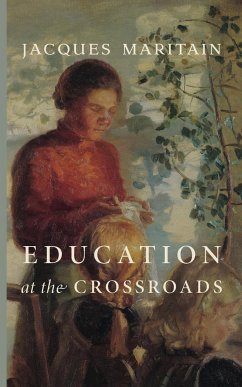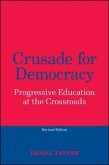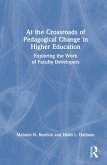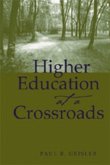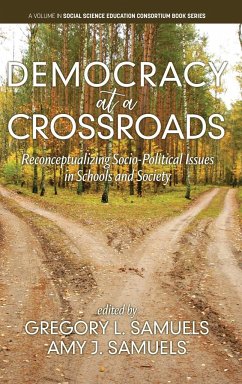In the words of a 1944 review, written well in advance of twenty-first-century outcomes of educational malpractice: "It is for man that education must exist. Such a statement may seem too obvious to make at all. Yet its meaning is rarely understood today." Education at the Crossroads fully comprehends that meaning. Bringing to bear the full weight of his wisdom, Jacques Maritain argues for education as objectively ordered toward man "in his personal life and spiritual progress, not in his relationship to the social environment." Concise and comprehensive, Maritain dispels the major misconceptions about education; examines educational dynamics and the rules which ought to govern them; surveys the spheres of knowledge across the three main stages of education; and considers the challenges of educating properly in the post-war world, wherein power so mightily threatens to wholly supersede truth. A touchstone of educational philosophy since 1943, Education at the Crossroads eloquently articulates the nature and place of education, especially liberal learning, in democratic society, and argues for the necessary grounding of any decent educational system on the firm foundation of Christian anthropology-not because it is relevant, but because it is true. The education of man is a human awakening. (Jacques Maritain)
Hinweis: Dieser Artikel kann nur an eine deutsche Lieferadresse ausgeliefert werden.
Hinweis: Dieser Artikel kann nur an eine deutsche Lieferadresse ausgeliefert werden.

